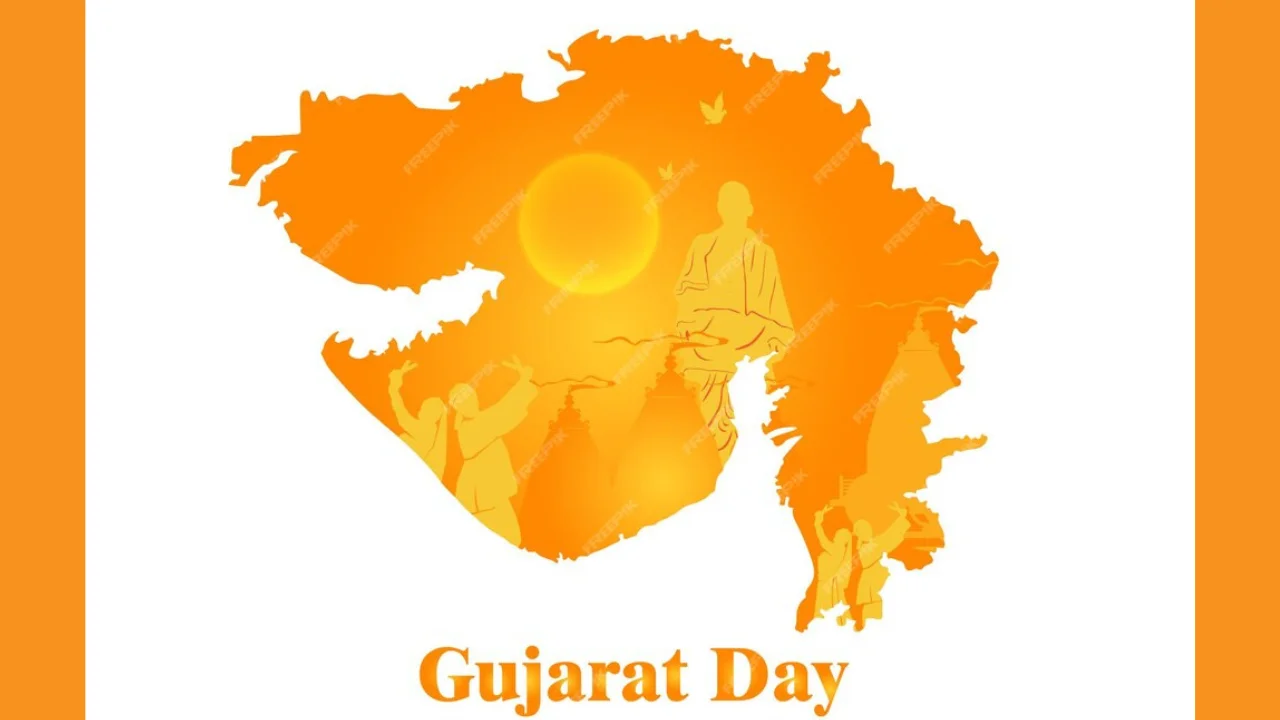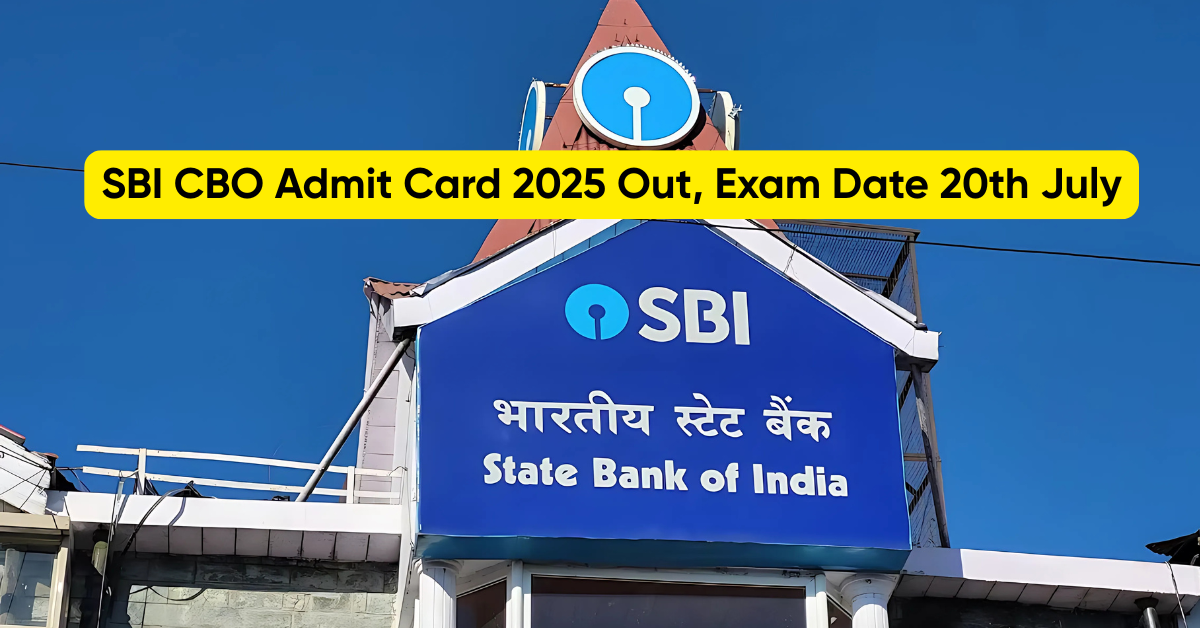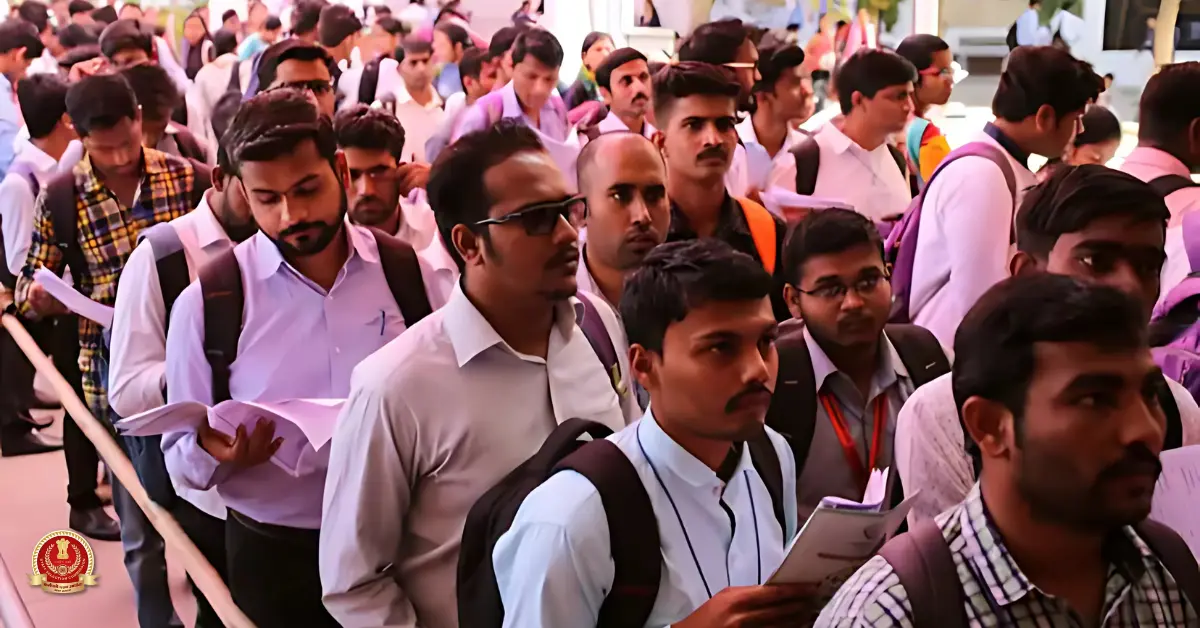Gujarat Diwas 2024
Gujarat Day, celebrated on May 1st every year, marks the formation of the state of Gujarat on May 1st, 1960. It’s a day for the people of Gujarat to celebrate their rich heritage, vibrant culture, and remarkable achievements.
ગુજરાત દિવસની શુભકામનાઓ
ગુજરાત દિવસ, દર વર્ષે 1લી મેના રોજ ઉજવવામાં આવે છે, તે 1લી મે, 1960ના રોજ ગુજરાત રાજ્યની રચનાને ચિહ્નિત કરે છે. ગુજરાતના લોકો માટે તેમના સમૃદ્ધ વારસા, જીવંત સંસ્કૃતિ અને નોંધપાત્ર સિદ્ધિઓની ઉજવણી કરવાનો દિવસ છે.
Gujarat Day Theme 2024
As of today, the official theme for Gujarat Day 2024, which falls on May 1st, hasn’t been announced yet. However, based on past themes and current priorities, here are some potential themes you might see in the upcoming year:
- Celebrating 75 Years of Progress and Harmony
- Embracing Innovation and Sustainable Growth
- Empowering Women, Shaping Tomorrow
- Preserving Heritage, Building the Future
- A Gateway to Global Opportunities
Regardless of the theme, Gujarat Day is a vibrant celebration of the state’s unique identity and achievements. It’s a day to reflect on its rich history, acknowledge its progress, and look forward to its promising future. Let’s all participate in this auspicious occasion and contribute to shaping a brighter future for the state!
History of Gujarat
Gujarat, known for its vibrant culture, stunning landscapes, and diverse heritage, boasts a fascinating history that shaped its present form. Let’s embark on a journey through its captivating past:
Ancient Roots
- Early human settlements in Gujarat date back as far as 300,000 years ago. Traces of the Harappan civilization, like the Lothal port city and Dholavira excavation, testify to the region’s early urban development around 2600-1900 BCE.
- Kingdoms like the Mauryas (3rd century BCE) and Satavahanas (230 BCE – 225 CE) ruled parts of Gujarat, leaving behind evidence of trade, administration, and religious advancements.
- The Saka, or Western Kshatrapas (130-390 CE), established themselves in Gujarat, contributing to artistic and cultural development, as seen in the Junagarh Buddhist caves.
Medieval Kingdoms
- The 7th to 13th centuries saw the rise of the Chalukyas and Rashtrakutas, powerful Deccan empires that left their mark on Gujarat’s architecture, with masterpieces like the Modhera Sun Temple and Ellora Caves.
- The 13th century witnessed the Solanki dynasty, reaching its zenith under Bhimdev I, who built the Somnath temple and established Gujarat as a prosperous kingdom.
- The Delhi Sultanate’s expansion in the 14th century led to the decline of Hindu kingdoms and the rise of independent Muslim sultanates like the Gujarat Sultanate, known for its trade and cultural blend.
Maratha Influence and British Rule
- In the 17th century, Chhatrapati Shivaji Maharaj expanded the Maratha Empire into Gujarat, challenging Mughal dominance and establishing Maratha power for a time.
- The 18th century saw internal conflicts and external pressures weaken the Maratha grip, paving the way for the British East India Company’s gradual control of Gujarat by 1818.
- Under British rule, Gujarat flourished as a center of commerce and industry, particularly with the rise of Bombay as a major port city. However, the period also saw discontent and resistance against colonial policies.
Independence and Formation
- The Indian independence movement gained momentum in Gujarat, with leaders like Mahatma Gandhi inspiring the fight for freedom. After India’s independence in 1947, Gujarat became part of Bombay State.
- The 1950s witnessed the linguistic reorganization of states in India, leading to demands for a separate Marathi-speaking Maharashtra and a Gujarati-speaking Gujarat.
- After years of agitation and political maneuverings, Gujarat was finally born on May 1st, 1960, with Ahmedabad as its capital, marking a milestone in its history.
Modern Gujarat
- Since its formation, the state has emerged as one of India’s leading states in terms of industrial development, agriculture, technology, and education. It boasts a diverse population with rich cultural traditions and festivals like Navratri and Kutch Rann Utsav.
- However, challenges like environmental concerns and social inequalities remain.
I hope this overview provides a comprehensive glimpse into the history and formation of Gujarat. If you’d like to delve deeper into any specific aspect, feel free to ask! Remember, learning about history adds valuable perspective to the present and inspires us to create a better future.
Significance of Gujrat Day 2024
Gujarat Day, celebrated on May 1st every year, holds immense significance not just for the people of Gujarat but also for India as a whole. Here’s a closer look at the reasons why this day carries so much weight:
- Gujarat Day marks the formation of the state of Gujarat on May 1st, 1960, after a long struggle for a separate state based on linguistic identity. It’s a day to celebrate the unique and vibrant culture of the state, its rich history, and its remarkable achievements.
- The state is a melting pot of diverse communities, religions, and ethnicities. This day serves as a reminder of the state’s commitment to inclusivity and harmony.
- The day inspires tolerance, understanding, and a sense of belonging among all communities, strengthening the social fabric of the state.
- It’s a platform to celebrate Gujarat’s spirit of resilience and unity, highlighted by its response to natural disasters and social challenges.
- It boasts a rich history filled with iconic figures like Mahatma Gandhi, Sardar Vallabhbhai Patel, and Rani Laxmibai, who led the fight for independence and social justice. This day recognizes and celebrates their contributions, inspiring future generations.
- It is not just a day of celebration but also a day to look ahead. It serves as a platform to discuss challenges and opportunities faced by the state.
- It inspires the youth of the state to contribute to the state’s development by adopting innovation, entrepreneurship, and sustainable practices.
- Gujarat has played a significant role in shaping India’s history, politics, and culture.
In essence, Gujarat Day is a celebration of the multifaceted essence of Gujarat. It’s a day to remember its past, celebrate its present, and work towards a prosperous future.
Facts About Gujarat
| Capital | Gandhinagar |
| Governor | Acharya Devvrat |
| Chief Minister | Bhupendra Patel |
| Population | 63.02 million (2021 Census) |
| Languages | Gujarati (official), Hindi, English, and other regional languages |
| Religion | Hinduism (majority), Islam, Buddhism, Christianity, Jainism |
| Sex Ratio | 919 females per 1000 males |
| Literacy Level | 72.08% |
1st May 2024 Special Day
The special date of 1st May 2024 commemorates Gujarat Day, marking the formation of the state on this distinct calendar day in 1960. The significance of celebrating this day is to honor the exemplary cultural heritage and remarkable progress that defines the Gujarati identity. The unique date provides an opportune time for native Gujaratis and diaspora to reconnect with their rich history and take pride in their achievements. The special day allows the celebration of Gujarat’s enterprising spirit and glorious past while strengthening unity.
- SSC CGL Full Form, All You Need to Know About SSC CGL
- SBI CBO Admit Card 2025 Out, Exam Date 20th July
- SSC CHSL 2025 Vacancies Released for 3131 Posts, Complete Details
- SSC JE Vacancies 2025, Check Post Wise Vacancy List
- Important Percentage Questions for SSC Exam Preparation, Solved
- SSC CGL Application Correction Form Starts from 9th to 11th July

Hello, I’m Aditi, the creative mind behind the words at Oliveboard. As a content writer specializing in state-level exams, my mission is to unravel the complexities of exam information, ensuring aspiring candidates find clarity and confidence. Having walked the path of an aspirant myself, I bring a unique perspective to my work, crafting accessible content on Exam Notifications, Admit Cards, and Results.
At Oliveboard, I play a crucial role in empowering candidates throughout their exam journey. My dedication lies in making the seemingly daunting process not only understandable but also rewarding. Join me as I break down barriers in exam preparation, providing timely insights and valuable resources. Let’s navigate the path to success together, one well-informed step at a time.






